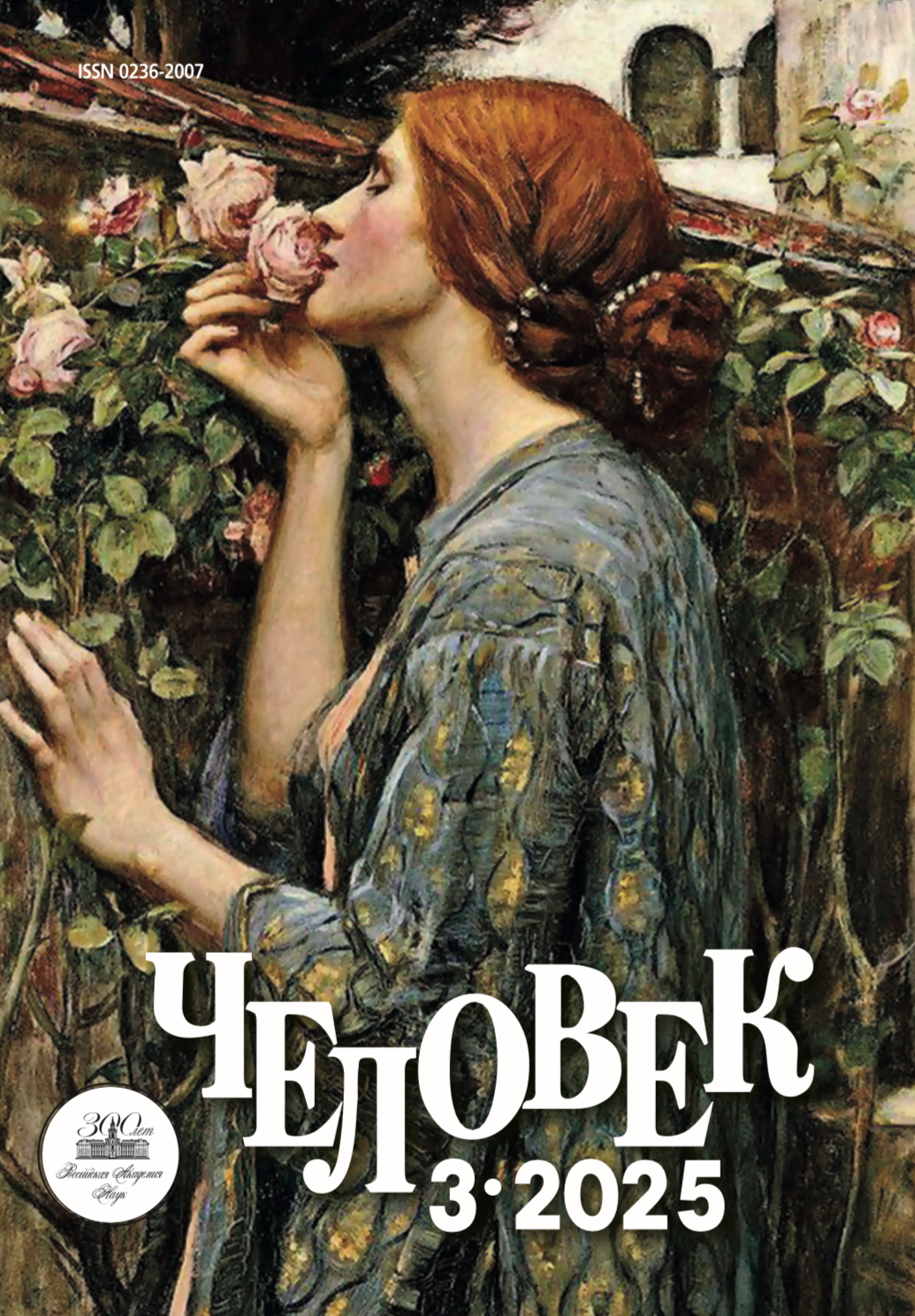The Third Space of Social Events
DOI:
https://doi.org/10.31857/S0236200725030035Keywords:
Homi Bhabha, postcolonialism, state, space, nation, event, border, narrative, marginalityAbstract
The article discusses the concept of the third space, which appears in the works of postcolonial researcher Homi Bhabha and geographer Edward Soji, with a primary focus on the former. His arguments do not form a coherent concept, but they allow for new steps in various research areas. First, the idea of a single and homogeneous political nation is problematized. It is rooted in tradition, but does not work well in the situation of postcolonial crisis, when streams of people with their own ideas about history, territorial borders, nation and culture rush to former metropolises. There is a clash of old concepts of class struggle and opposition to colonialism with new trends, including feminism and postcolonialism. The ideas of strong social "things" such as states, nations, classes, which have a single homogeneous space and time, history and borders, are blurred. The issue rests not only on the struggle of grand narratives, but also on small ones, events of utterance, constantly occurring in social life. This becomes the reason for the development and significant adjustment of the theory of social events, previously proposed by the author. In the new version, the theory speaks more about the struggle that really takes place in social life, the conflict of micro-narratives that prevents the formation of a stable community of observers, including those who create a solidary discursive community, narrating about logically connected events that form a fixed pattern of sociality.






